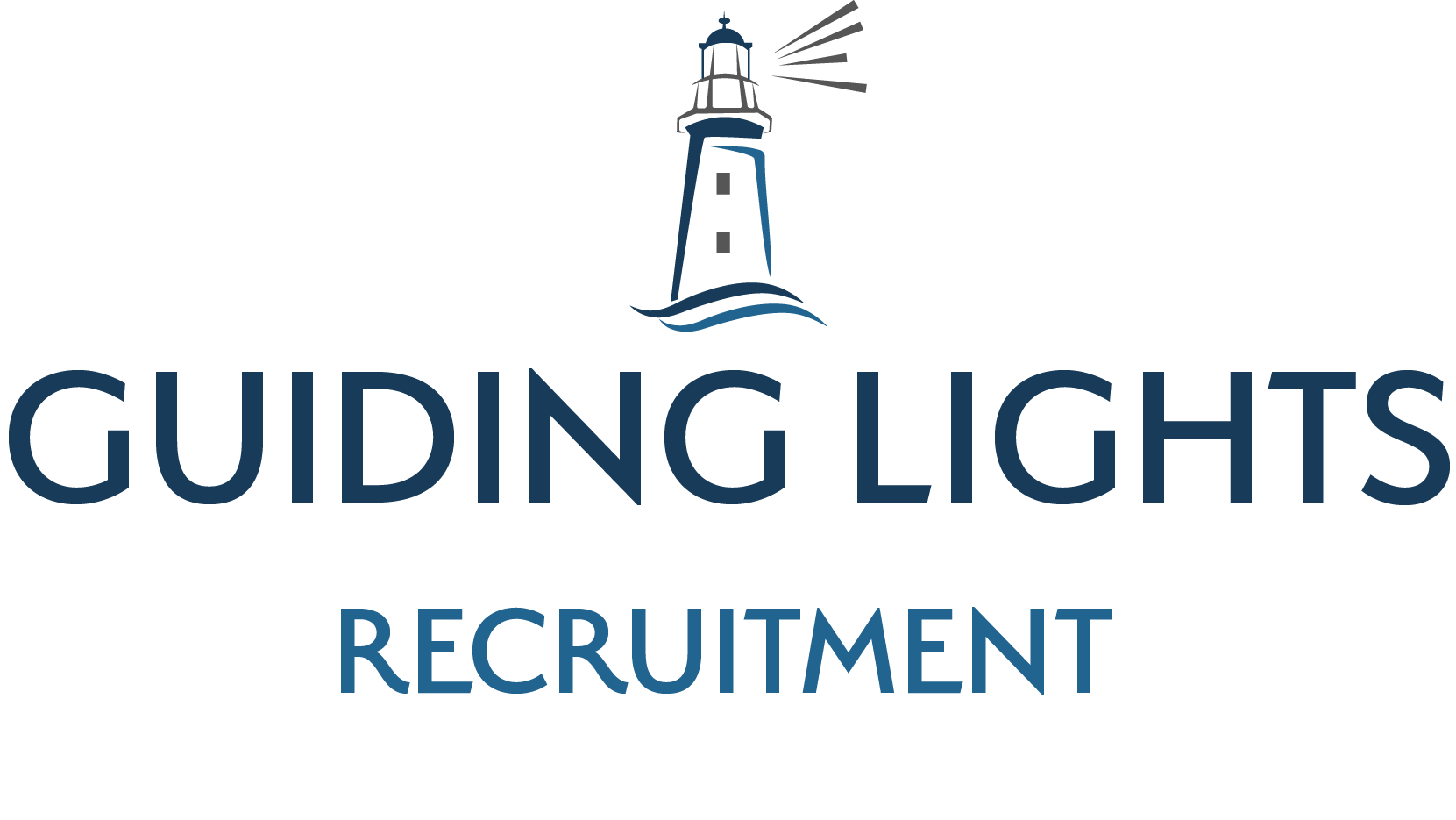Beginning a new job
Starting a new job can always be intimidating, regardless of what level or stage you are in your career. However, you should remember that you were appointed to the role as the employer believes you have the right attributes to undertake the job and the personality which fits with their culture.

Below we have set out a few tips to help settle your nerves in your first week and to make your change to your new job that bit easier.
Have some contact before you start
You will normally have to wait a month or more, while you work your notice, before you start with your new employer. It is a good idea to get in touch with them during this time – sometimes they will invite you to the office for meetings or training before you start, or to meet your new colleagues. If they do, definitely make the effort to attend.
Arrive on time and dress to match your new colleagues
Treat your first day like an interview. Show your new employer they made the right decision and present yourself as professional, amiable, and well-informed.
Remember staff names
Draw a seating plan and list staff names in the various seats. Also make a note of the name of anyone internal or external to the organisation you will regularly be in contact with. When you meet people, greet them by name and take the time to get to know them.
Ask questions
With your manager, you should stick to questions about the business. Incidental items like the staff toilet, fire exits and coffee machine can be pointed out by junior colleagues.
Listen and learn
Try to listen and learn at all times. You may also be required to undertake mandatory training – Health & Safety, Fire Safety, Food Hygiene etc. Making good quality notes during these sessions will help you to take on more information.
Stay Focussed
Review your job description regularly as you are go along in your new job. Reflect on what you are learning and how this links to what is expected of you and how you will achieve your objectives.
If it isn’t broke, don’t try to fix it
You may have been hired to implement new processes or to change existing culture. But it is always important to respect the people in the organisation by understanding how things have been done in the past before implementing a new revolution!
Keep in touch with your recruiter
Especially if you have any questions or concerns – they can then discuss this with your manager on your behalf.
What if you are unhappy in your new role?
Do not worry if it all feels a bit alien on your first day. Take some time to see if you can settle in before raising any concerns. Definitely take a week or two before you raise any questions with your manager.







